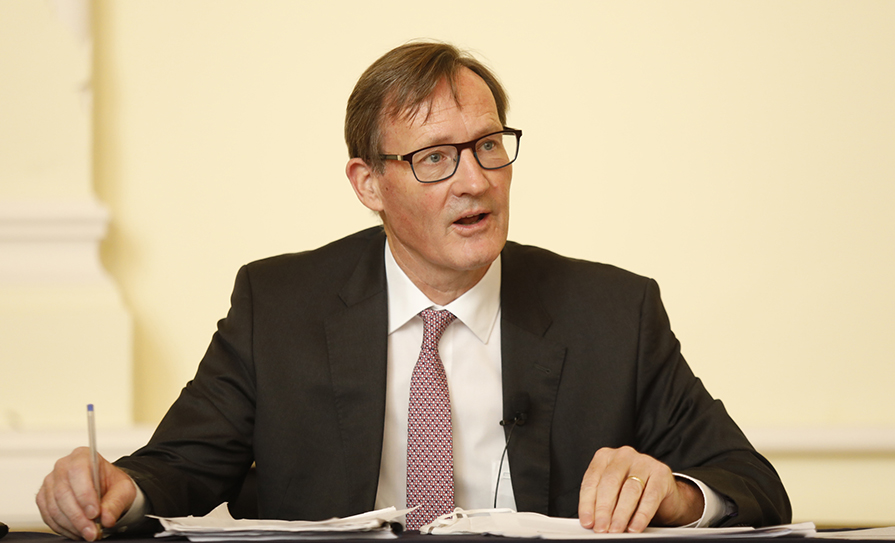Disruption to the supply of medical radioisotopes, which occurred in November and early December 2022, impacted fewer patients than originally anticipated, a spokesperson for the National Cancer Control Programme (NCCP) has told the Medical Independent (MI).
A briefing note from NCCP National Director Prof Risteárd Ó Laoide to HSE Chief Clinical Officer Dr Colm Henry, dated 8 November 2022, stated the NCCP had been made aware of the “global situation regarding the production of Mo-99 [Molybdenum 99] targets for the production” of technetium-99m and iodine-131.

These radioisotopes are used routinely by hospitals in nuclear medicine procedures and certain cancer treatments.
The briefing note stated that due to a delay in the planned “restart” of the main European reactor as a result of a technical issue, and a number of worldwide reactors under routine maintenance, Mo-99 supply disruptions were anticipated for the month of November and possibly early December.
“These shortages and lack of supply will have a significant impact on service provision resulting in cancellations and deferrals of patient appointments,” according to the note released to MI through Freedom of Information law.
“The NCCP have engaged with nuclear medicine departments within hospitals nationally, both private and public. It is estimated that approximately 600-700 patient appointments will be affected per week within public hospitals.”
The briefing note stated that while hospitals were notifying patients directly with regard to the postponement of their appointments, “it would be helpful if the HSE was to issue a statement on this issue.”
An NCCP spokesperson told MI the reported number of patients impacted was lower than the original estimate.
“A number of hospitals mitigated patient impacts by bringing forward patient appointments, where possible and appropriate, to utilise the remainder of the radioisotope generator shipments before supply was interrupted,” according to the spokesperson.
On the week beginning 5 December, hospitals with nuclear medicine departments reported to the Programme that services were operating as normal.
“The radioisotope supplier to Ireland also reported that radioisotope shipments had resumed and were operating as normal,” added the spokesperson.
“Throughout the disruption the NCCP were in regular communication with the hospitals to understand patient impacts, while also in regular communication with the radioisotope supplier with regards to supply updates.”













Leave a Reply
You must be logged in to post a comment.